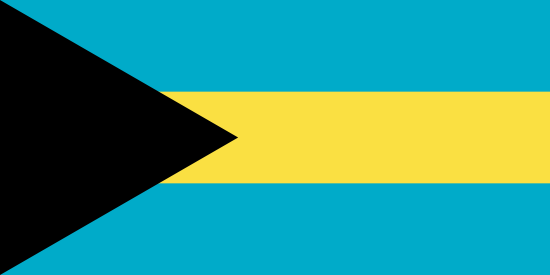
Health Insurance in Bahamas, America
Information expatriation
Capital City: Nassau
Total area: 13,878 km2
Population: 331,000
Money: Currency Converter
Time Zone: List of time zones by country
Calling Code: +1 242 XXX
Practical Information:
Health Product: Travel Insurance and Health insurance
Health Insurance information and Sanitary Risk : World Health Map
BLOG: Expat Health insurance Information
Here is a brief description of the healthcare system in the country:
· The Bahamas has a public healthcare system that provides universal access to primary care through clinics and community centers.
· It is funded through general tax revenues as well as mandatory health insurance. However, resources are limited.
· Primary care, emergency services, and basic inpatient care are available publicly. Specialty services require traveling abroad often.
· The main public hospitals are Princess Margaret Hospital in Nassau and the Rand Memorial Hospital in Freeport.
· Private health insurance and hospitals supplement the public system but are very costly for most residents.
· Leading health issues include non-communicable diseases associated with lifestyle and obesity levels.
· Medical staffing and infrastructure shortages exist, especially outside Nassau. Many seek care in countries like the US.
· Reforms aim to digitize health records, train local medical professionals, and build capacity through partnerships.
· Preventive care including immunization programs target infectious diseases in the Caribbean environment.
· Medical tourism helps address urgent facility and staffing needs but poses its own accessibility challenges.
Here are some key health considerations for expatriates living in the country:
· Purchase comprehensive international medical insurance before arrival as a backup to the limited public system.
· Supplemental policies may be required for medical evacuation from the islands if emergency services are needed abroad.
· Register with local primary care clinics upon arrival to establish care for minor issues.
· Bring necessary prescription medications as availability can be uncertain.
· Ensure all routine vaccinations are up to date, especially for travelers.
· Only consume bottled, boiled or treated water and thoroughly cook foods/fruits.
· Remote islands have even less infrastructure - choose a population center for proximity to services.
· Monitor potential impacts of climate, isolation or lifestyle changes on physical/mental health.
· Consider medical tourism costs for expat rates if specialty care is needed urgently.
· Natural disasters are a risk - maintain emergency supplies and evacuation plans.
· Register location with your embassy in case assistance abroad becomes necessary.
